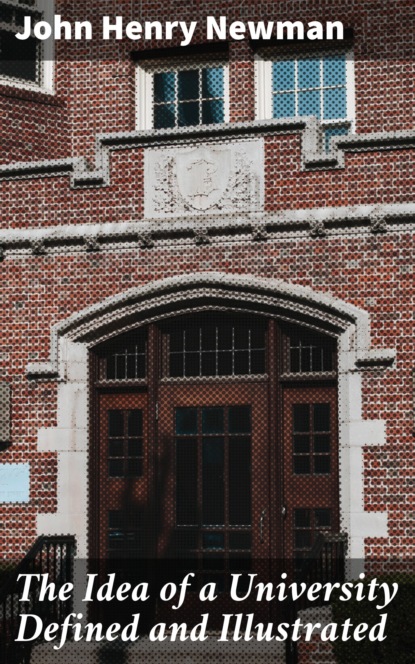Volume 620 pages
0+
The Idea of a University Defined and Illustrated
About the book
In «The Idea of a University Defined and Illustrated,» John Henry Newman articulates a compelling vision of higher education that transcends mere vocational training, emphasizing the cultivation of intellectual and moral character. Written in the mid-19th century, Newman's discourse is both a defense of classical education and a critique of utilitarianism, employing a rich, rhetorical style that balances philosophical rigor with pastoral sensitivity. His exploration of the university's role in society reveals a profound understanding of its significance for personal development and national progress, as he introduces themes of knowledge integration, liberal education, and the pursuit of truth. John Henry Newman was a prominent theologian, cardinal, and educator who played a vital role in the Oxford Movement, advocating for a return to the Catholic Church's roots. His experiences as a priest and scholar shaped his beliefs about the importance of an educational framework that encourages not only academic excellence but also the development of ethical citizens. Newman's own intellectual journey, marked by a transition from Anglicanism to Catholicism, further influenced his ideas about the interplay between faith and reason in educational contexts. This book is an essential read for educators, students, and anyone interested in the philosophy of education. Newman's insights challenge contemporary educational paradigms and serve as a reminder of the transformative power of a university education. Engaging with this text will enrich your understanding of the fundamental purposes of higher learning and inspire a deeper appreciation for its role in shaping minds and societies.
In this enriched edition, we have carefully created added value for your reading experience:
– A succinct Introduction situates the work's timeless appeal and themes.
– The Synopsis outlines the central plot, highlighting key developments without spoiling critical twists.
– A detailed Historical Context immerses you in the era's events and influences that shaped the writing.
– An Author Biography reveals milestones in the author's life, illuminating the personal insights behind the text.
– A thorough Analysis dissects symbols, motifs, and character arcs to unearth underlying meanings.
– Reflection questions prompt you to engage personally with the work's messages, connecting them to modern life.
– Hand‐picked Memorable Quotes shine a spotlight on moments of literary brilliance.
– Interactive footnotes clarify unusual references, historical allusions, and archaic phrases for an effortless, more informed read.
